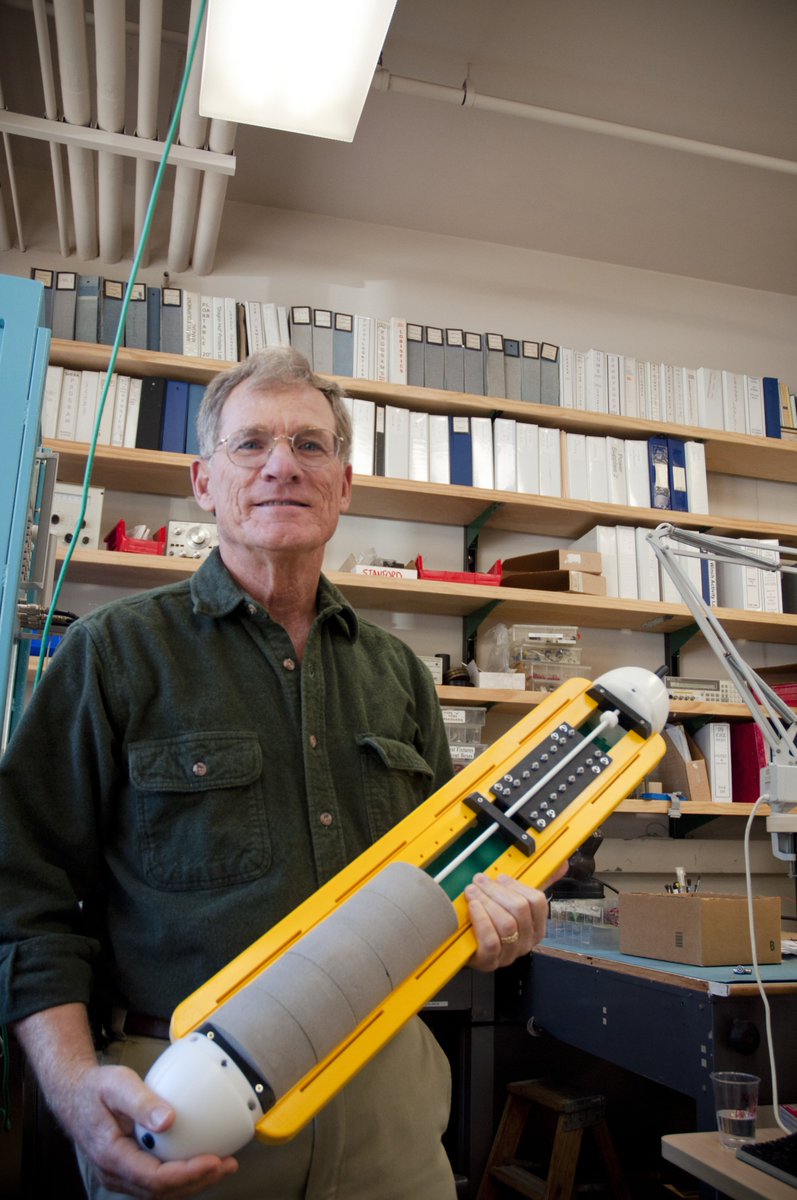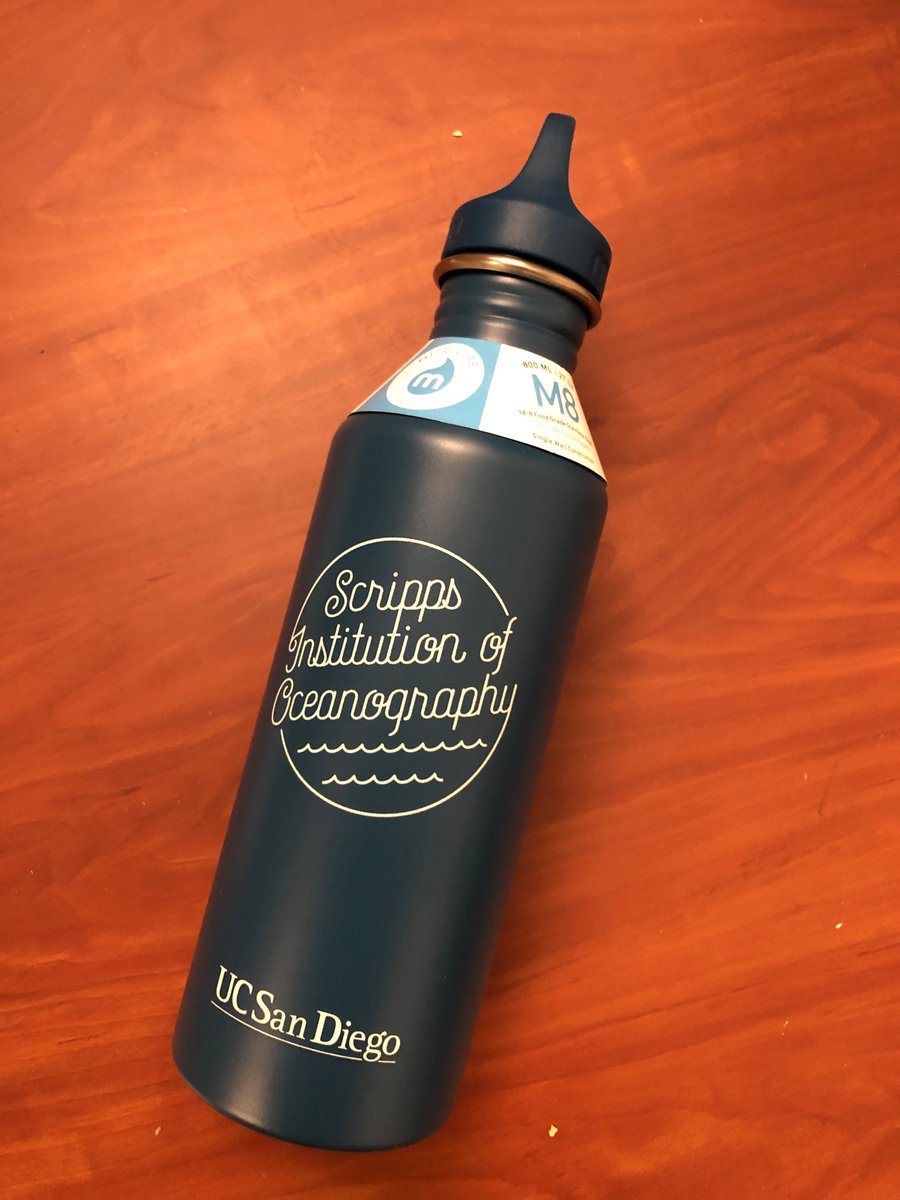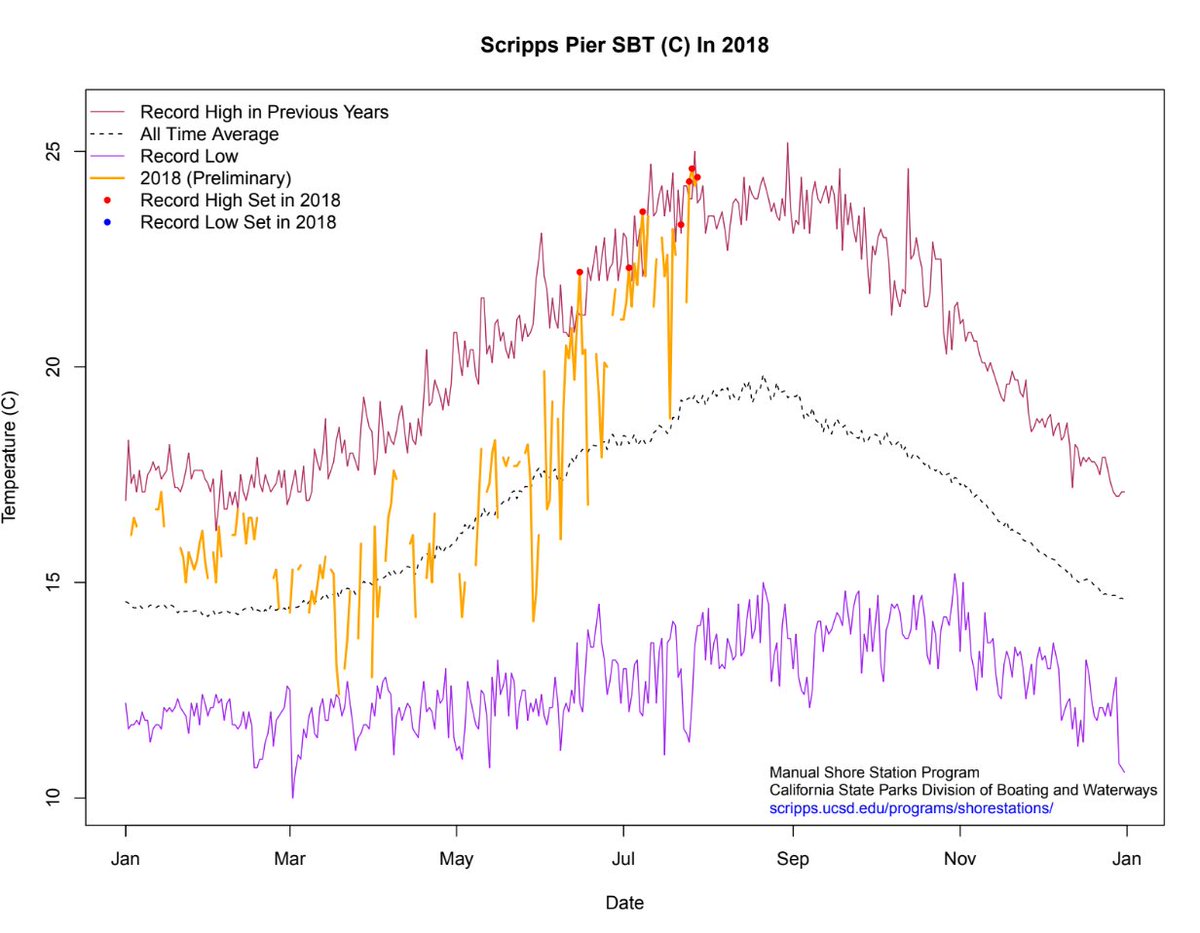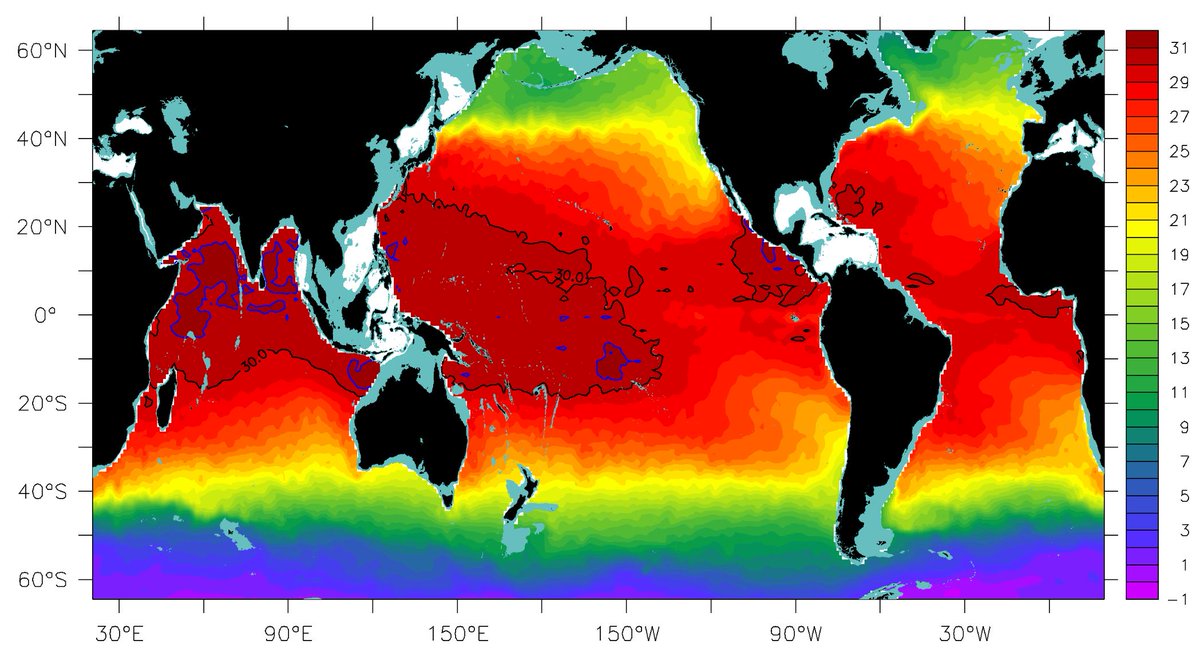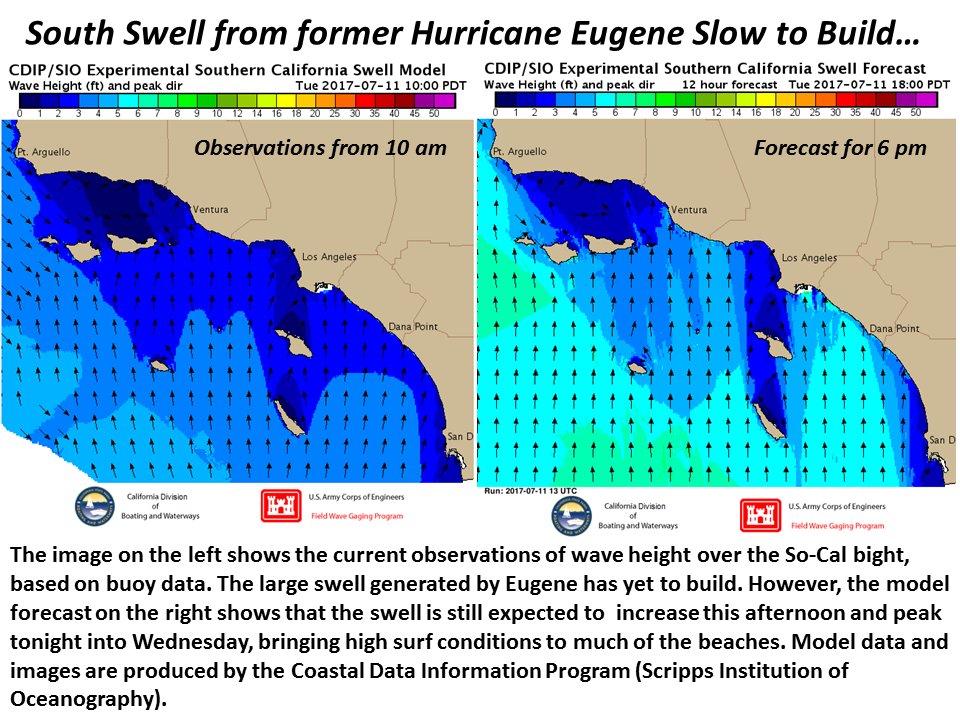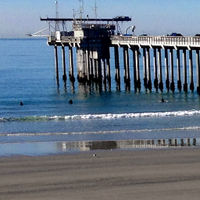
ShoreStation100
@shoresta100
One of world's oldest continuous ocean temp. records from Scripps Institution of Oceanography. Get historical perspective before you dip your toes in the water!
ID:702268598501281793
http://shorestations.ucsd.edu 23-02-2016 23:07:36
46 Tweets
220 Followers
135 Following



Another sea-surface temperature record was broken today, August 8. Scripps scientists with ShoreStation100 measured a water temp of 79.2°F (26.3°C) at the end of Scripps Pier.
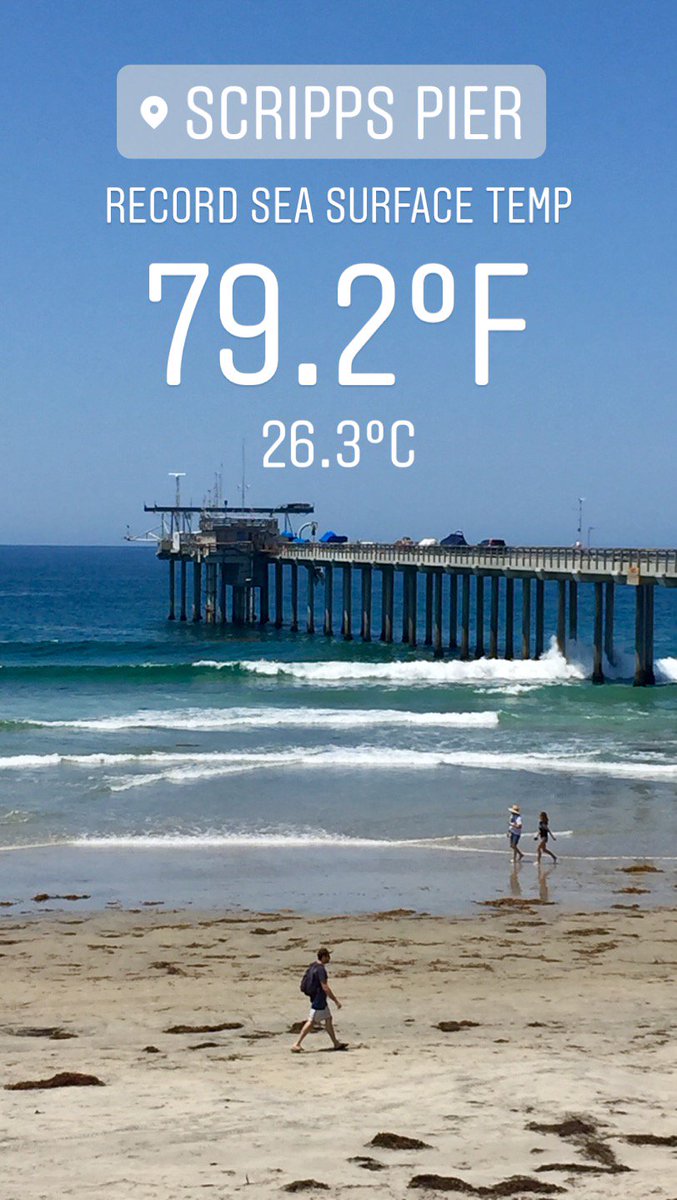

Another day, another record. Sea-surface temperatures at Scripps Pier reached 78.8 °F today, breaking Wednesday’s reading of 78.6 °F as the highest ever recorded in more than a century of data collection. ShoreStation100
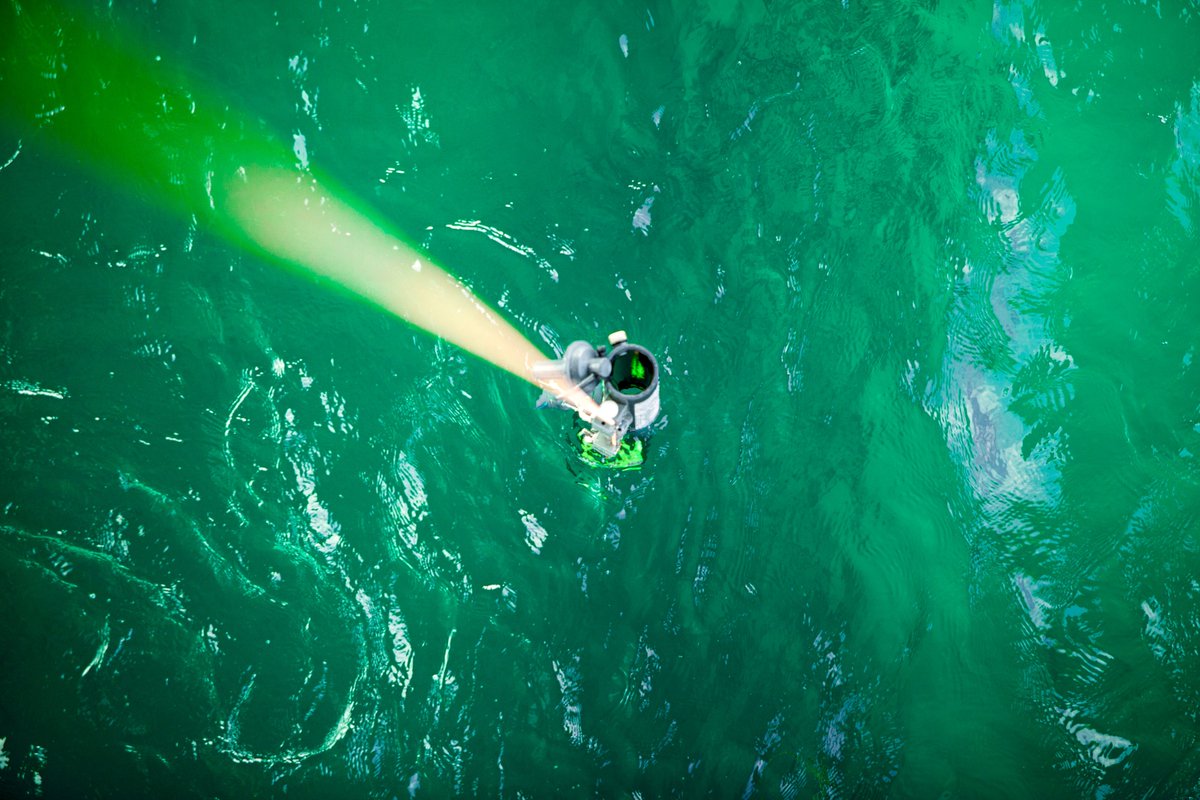

The record for warmest sea-surface temperature at Scripps Pier since records began in 1916 has been broken. The record of 25.9℃ (78.6 ℉) surpassed the previous record of 78.4°F (25.8°C) set on July 30, 1931. UC San Diego University of California







Director Margaret Leinen shares her thoughts w/the The San Diego Union-Tribune on govt pulling out of Paris, and why she's still optimistic sandiegouniontribune.com/opinion/commen…


Proud to be part of UC San Diego $2B campaign 2 'convert discovery into impact.'Want 2 help? bit.ly/2mMTPUq campaign.ucsd.edu

Scripps' Jennifer Smith on PBS NewsHour at Birch Aquarium to explain implications of die-off at Great Barrier Reef. pbs.org/video/23659826…

Fmr Scripps Dir Charles Kennel&David Victor of GPS UC San Diego on 'vital signs' of Earth besides temperature: bit.ly/2m5cx8H UC San Diego

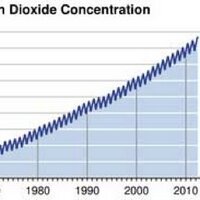
Ralph Keeling of #keelingcurve will discuss #400ppm in #reddit AMA today at 1 p.m. EST. reddit.com/r/science/comm… #climatechange


Scripps scientist's startup Del Mar Oceanographic selected for US Maritime Tech Export Initiative. bit.ly/2l41qcF #blueeconomy
